My next personal act of climate responsibility is to limit my driving to no more than 6,000 miles per year. For those without cars this may still seem like a lot. I’d rather not have to use a car. Maybe this will be hard? We’ll see.
In December of 2019 I took a pledge to not fly. At the time, this seemed like a big deal for me personally, and then the pandemic hit which made it easier.
I am hoping that limiting my family car miles to 6,000 annually will be just as easy. During the pandemic, I made the decision to go from being a two-car family to a one-car family. I donated my 14-year-old Honda Civic to charity so someone else could get some miles out of it without the world needing to build another car. So far, I haven’t noticed any hardship or even lack of freedom. But why do this at all?
It’s because we are about to do a Thelma and Louise as a species.
Global heating is increasing and we are likely to blow past any artificial target of restraint. Cognitively, I’m sure we understand this. 19 of the last 20 years have been the hottest on record. Our polar ice caps are melting, our oceans are dying, the drought in the west is moving eastward and climate catastrophes are increasing. But emotionally we are just pedal to the metal. Someone turn the cognitive dissonance radio up.
Major fossil fuel companies are in the process of shifting blame for the climate crisis to individuals. Shame is an easy frame. So is sacrifice. It means climate change is your fault. And you will have to pay for it.
Yet the top 100 corporations have been responsible for 71% of man-made carbon emissions over the last 25 years. Shaming us means they don’t have to bear the burden of their reckless pursuit of “share-holder value.” They just get to keep pumping 110 Million tons of CO2 into the air we breathe every day, week after week, decade after decade. In framing the climate crisis as an individual problem, they use hyperbole and fear of sacrifice as their story. You’re going to have to walk everywhere, stop eating hamburgers, and take the train.
But based on the climate effects we are already feeling and the tens of billions of dollars in costs and lost lives, it also means we will need to act rapidly and collectively to limit our emissions. We also have individual responsibility, and the question is, what can I do? For me, it’s everything I can.
So when I do the calculations on my 5 year old Prius which gets 44 mpg on the highway and 50 mpg around town, I find that cutting my driving in half will save 1.36 tons of carbon per year. Surprisingly, I didn’t have to make any sacrifice to drive a high mpg car. It gets me from A to B just as well as a Hummer. I also buy offsets for my car, but this is just a way for me to feel good about my driving. It does nothing to lower my carbon footprint. Rather, I imagine dumping 1.36 tons of manure in my living room this next year. I can’t do it.
With our atmosphere of breathable air only four to five miles thin, we are sitting in the proverbial garage with the motor running and the door shut.
Big changes are coming whether we like it or not. This is not to say that we won’t have to make any sacrifices. That is just as much of a frame. Or that some changes might not just be better. (Think about mass transit in any European city versus sitting on the 405 in LA.)
We can exercise our own leadership through reasonable personal action while fighting to get collective action. I’m not worried about my personal mobility, and don’t feel any shame or any pride about it. I’m not so naive as to believe my action will change the global impact of climate. But for me the choice is a moral one. In this case I don’t feel like I’ve sacrificed anything, but personally feel the changes are worth it.
I live in, and am working with my city to make it more walkable, add bike paths, put in no-car zones, add EV incentives, and EV school buses. We are implementing a $250K energy/climate plan to improve energy efficiency, move to clean energy, and transition our fleet vehicles to EVs. We’re also adding policies to help the commercial and residential parts of our community to do the same. These are collective actions. I can’t help but see our city better for it.
The irony of taking personal action on climate is that, on one hand, corporations, right wing politicians, and deniers will try to shame you, and on the other hand, you’ll be criticized for virtue signaling. Others will say it’s not enough, and they are right. But progress requires us act individually as well as collectively. We do the things we must for each other. That’s what Americans do. Please feel free to join me, and let me know how it’s going.
Hobie,
‘We are all connected. Savor the Earth!’™
L. Hobart Stocking
SkyWaterEarth.com
hobart@skywaterearth.com
651-357-0110
Facebook: @SkyWaterEarthConnected
Twitter: @SkyWaterEarth

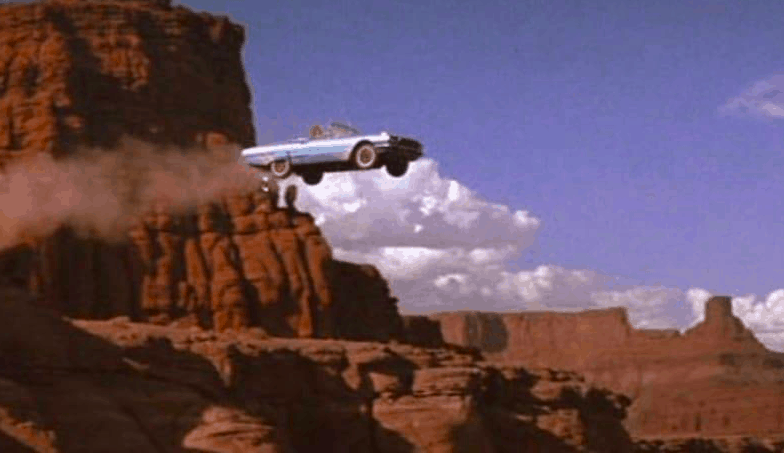

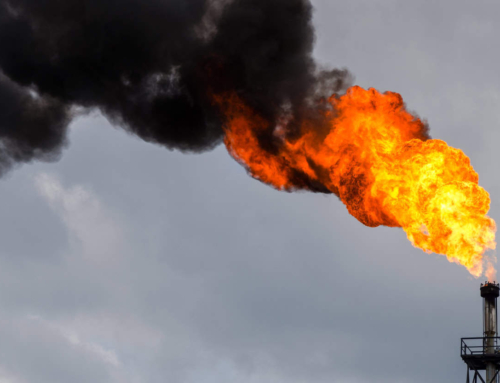
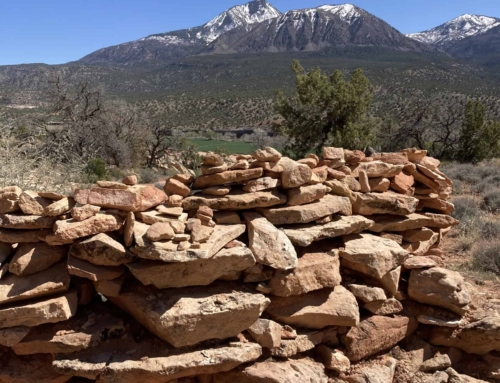

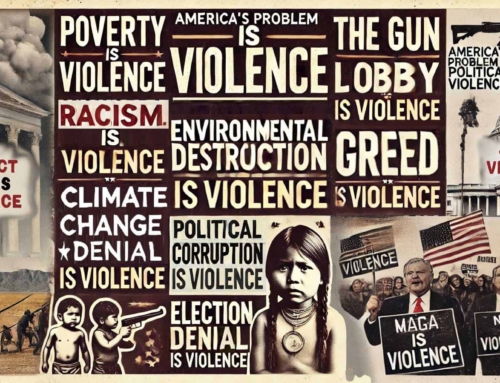
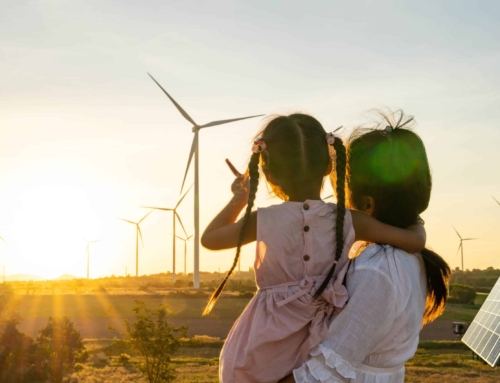
I’ve actually been waiting for someone to jump on this bandwagon with me. (I am getting older, so money takes on a different aspect.) I drive a Prius Prime, and I am waiting for them to decide on the newest battery technology to put solar on my garage and gather energy in this battery to charge the car (plus maybe our freezer if there is a storm). We don’t have any kids, but I am sure most people cannot change this decision in their lives …. however, we have been told that because of this, no one will ever surpass our small carbon footprint.
I cannot tell you how much I agree with your promotion of the personal responsibility factor because it is all about TRENDS. Eventually they will listen to us, but it will only be just enough to let them survive another 30 or so years. If you think about it, it is what we did in the 70s. The majority will not take the hard road (the road to choice and real freedom), and I am constantly amazed that they will buy houses, cars and even college education for their children and grandchildren, but NOT give them choice and real freedom. I hope you continue to push this personal responsibility factor, as it WILL catch on someday. If I have learned anything in my 2nd activist 10-12 yrs, it’s that incremental progress is better than no progress.
Thanks for all you do!